IMF gives govt. deadline till October
The IMF has given the government until October to show that its public administration reforms have yielded results.
Tuesday, 01.09.2009.
09:42

The IMF has given the government until October to show that its public administration reforms have yielded results. The IMF has allowed Serbia to increase its budget deficit to 4.5 percent GDP this year, said IMF mission chief Albert Jaeger. He said that Serbian output was expected to stabilize in the second half of the year and that GDP would fall four percent in 2009, with a 1.5 percent GDP recovery expected in 2010. IMF gives govt. deadline till October Finance Minister Diana Dragutinovic told a press conference held to mark the end of the talks with the IMF on the second revision of the standby arrangement, that there would be no need to cut salaries or pensions or to increase taxes. The minister stressed that the talks had been “very candid and very fair“ and that there were no open issues regarding the 2009 budget. She stated that a budget deficit of 4.5 percent GDP had been agreed on, totaling EUR 1.4bn at state level, including Vojvodina and local authorities. Dragutinovic said that it remained to be seen whether the 2010 budget deficit would be 3.5 or four percent. “The government believes that overcoming the crisis requires a greater deficit, as the question is whether the positive signals from the market will dry up if the state pulls out too soon,“ said the minister. She said that, as regards next year’s budget, broad consensus had been reached in many areas on the need to reform the pension system, social welfare, education, health care and public administration. Dragutinovic stressed that reforms meant less spending, and that this meant more than just personnel cuts, adding that the government had drawn up further measures that would yield savings of between EUR 214mn and EUR 267mn per annum. Economy Minister Mladjan Dinkic said that Serbia planned to use the USD 600mn it would be receiving from the IMF to finance the budget deficit. Dinkic said that Serbia was due to adopt and ratify a loan agreement in September on financing the deficit for this year and next. Owing to the crisis, the IMF has decided to allow member states access to added funds on the basis of special drawing rights. Dinkic said that Serbia would have access to another EUR 1.2bn under the IMF agreement provided second and third revisions are successfully concluded in October. The government’s plan is to use half the money to shore up the budget deficit, and the other half to bolster hard currency reserves, said the minister. He said that discussions would be held on this with the IMF and the National Bank. Economist Miroslav Zdravkovic said yesterday that the tax payer would be able to breathe easier until the end of the year. “If it’s positive, it’ll guarantee macroeconomic stability in the short-term, in terms of stable prices, a stable exchange rate. But it would be very detrimental if no agreement is reached and the IMF states that things in Serbia aren’t going as they should. Serbia does not currently need the IMF’s money as we have achieved a stable balance of payments, we’re no longer spending 20 percent more, we’re spending exactly what we’re producing,” he says. The economist warns though that people who lose their jobs in the public sector will have a hard time finding new work as the crisis has hit the private sector much harder. IMF, Serbian officials address reporters today in Belgrade (Beta)
IMF gives govt. deadline till October
Finance Minister Diana Dragutinović told a press conference held to mark the end of the talks with the IMF on the second revision of the standby arrangement, that there would be no need to cut salaries or pensions or to increase taxes.The minister stressed that the talks had been “very candid and very fair“ and that there were no open issues regarding the 2009 budget.
She stated that a budget deficit of 4.5 percent GDP had been agreed on, totaling EUR 1.4bn at state level, including Vojvodina and local authorities.
Dragutinović said that it remained to be seen whether the 2010 budget deficit would be 3.5 or four percent.
“The government believes that overcoming the crisis requires a greater deficit, as the question is whether the positive signals from the market will dry up if the state pulls out too soon,“ said the minister.
She said that, as regards next year’s budget, broad consensus had been reached in many areas on the need to reform the pension system, social welfare, education, health care and public administration.
Dragutinović stressed that reforms meant less spending, and that this meant more than just personnel cuts, adding that the government had drawn up further measures that would yield savings of between EUR 214mn and EUR 267mn per annum.
Economy Minister Mlađan Dinkić said that Serbia planned to use the USD 600mn it would be receiving from the IMF to finance the budget deficit.
Dinkić said that Serbia was due to adopt and ratify a loan agreement in September on financing the deficit for this year and next.
Owing to the crisis, the IMF has decided to allow member states access to added funds on the basis of special drawing rights.
Dinkić said that Serbia would have access to another EUR 1.2bn under the IMF agreement provided second and third revisions are successfully concluded in October.
The government’s plan is to use half the money to shore up the budget deficit, and the other half to bolster hard currency reserves, said the minister.
He said that discussions would be held on this with the IMF and the National Bank.
Economist Miroslav Zdravković said yesterday that the tax payer would be able to breathe easier until the end of the year.
“If it’s positive, it’ll guarantee macroeconomic stability in the short-term, in terms of stable prices, a stable exchange rate. But it would be very detrimental if no agreement is reached and the IMF states that things in Serbia aren’t going as they should. Serbia does not currently need the IMF’s money as we have achieved a stable balance of payments, we’re no longer spending 20 percent more, we’re spending exactly what we’re producing,” he says.
The economist warns though that people who lose their jobs in the public sector will have a hard time finding new work as the crisis has hit the private sector much harder.















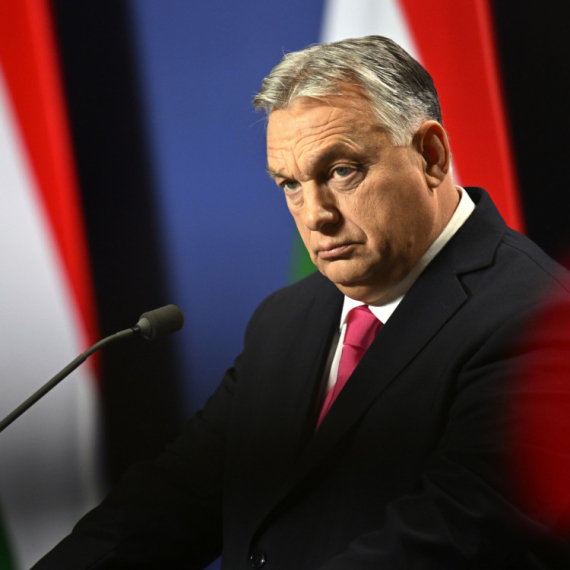









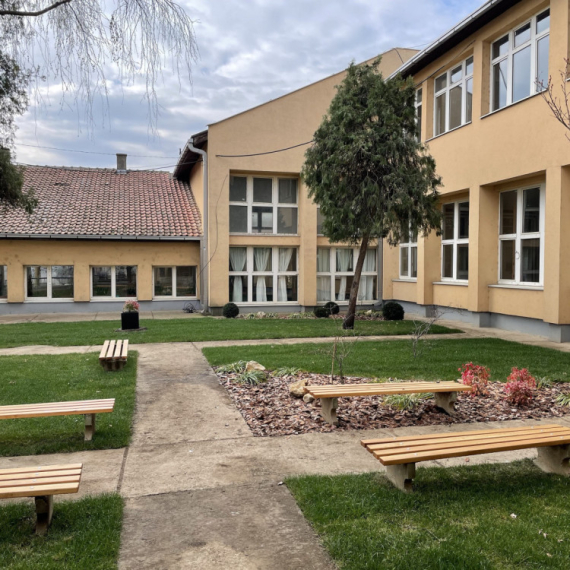















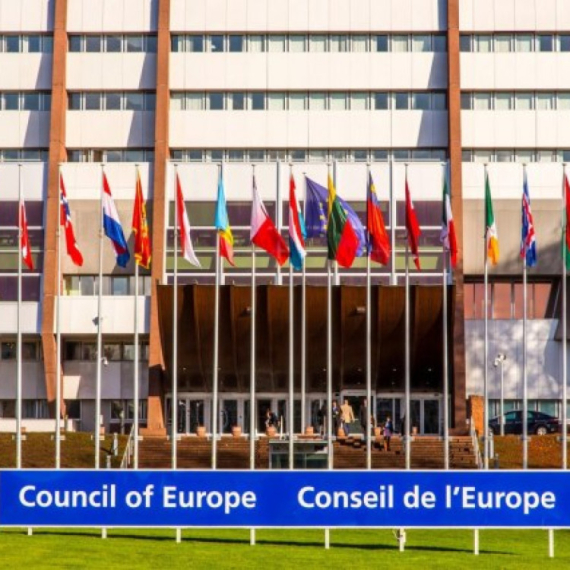












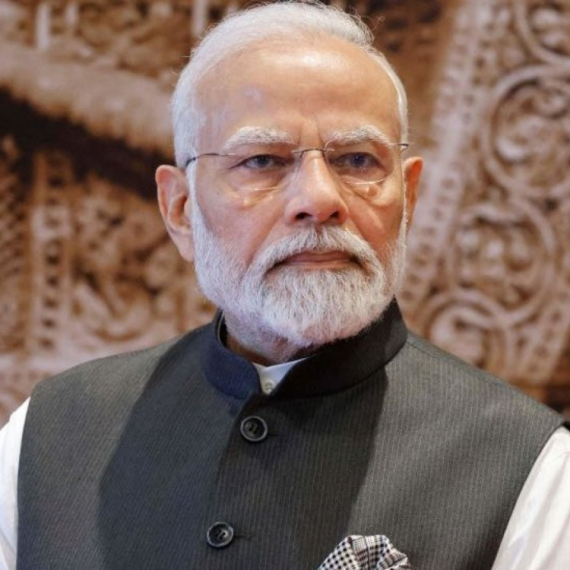

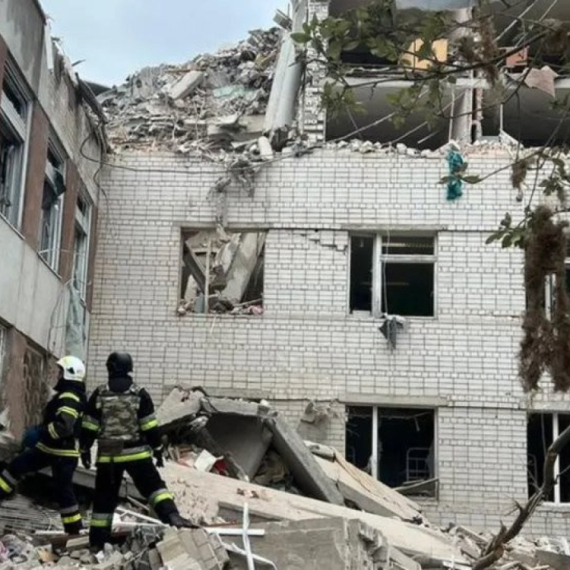

Komentari 1
Pogledaj komentare